The Ultimate Onion Companion Planting Chart
The Ultimate Onion Companion Planting Chart
Onions are a versatile vegetable that can be enjoyed in many different dishes. They are also relatively easy to grow, but there are a few things you can do to improve your chances of success. One of the most important things is to plant your onions with the right companion plants.
Companion planting is the practice of planting certain types of plants together to benefit each other. Some plants, for example, can help to repel pests or diseases, while others can improve the flavor or growth of their neighbors.
When it comes to onions, there are a number of great companion plants that you can choose from. Here are a few of the best:
- Beets: Beets are a good companion plant for onions because they help to repel pests like aphids and flea beetles. They also add minerals to the soil, which can benefit the growth of your onions.
- Broccoli, cabbage, cauliflower, kohlrabi, kale, and other brassicas: These plants are all susceptible to insect damage, so planting them near onions can help to deter pests. Onions also help to improve the flavor of brassicas.
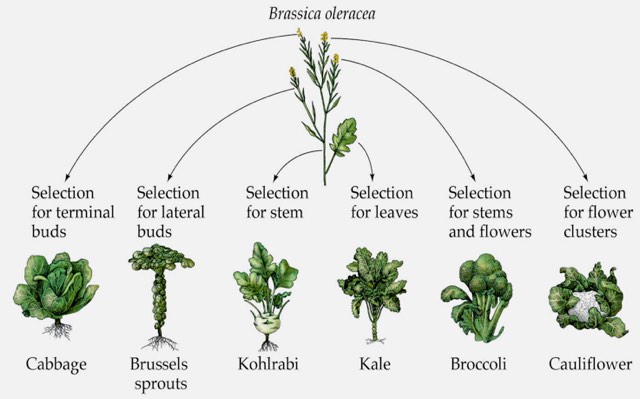
- Cantaloupe, honeydew, watermelon, and other melons: Onions can help to repel pests that attack melons, such as cucumber beetles and squash bugs. They also help to improve the flavor of melons.

- Chamomile: Chamomile is a flowering plant that has insect-repelling properties. Planting it near onions can help to keep pests away. Chamomile also helps to improve the flavor of onions.
- Lettuce: Lettuce and onions are both cool-season crops that can be planted together. Lettuce helps to shade the soil around the onions, which helps to keep them cool and moist. Onions, on the other hand, help to repel pests that can damage lettuce.
In addition to these plants, there are a number of other companion plants that can be beneficial for onions. Some of these include:
- Carrots: Carrots and onions can be planted together because they have different root systems and do not compete for nutrients. Carrots also help to repel carrot fly, a pest that can damage onions.
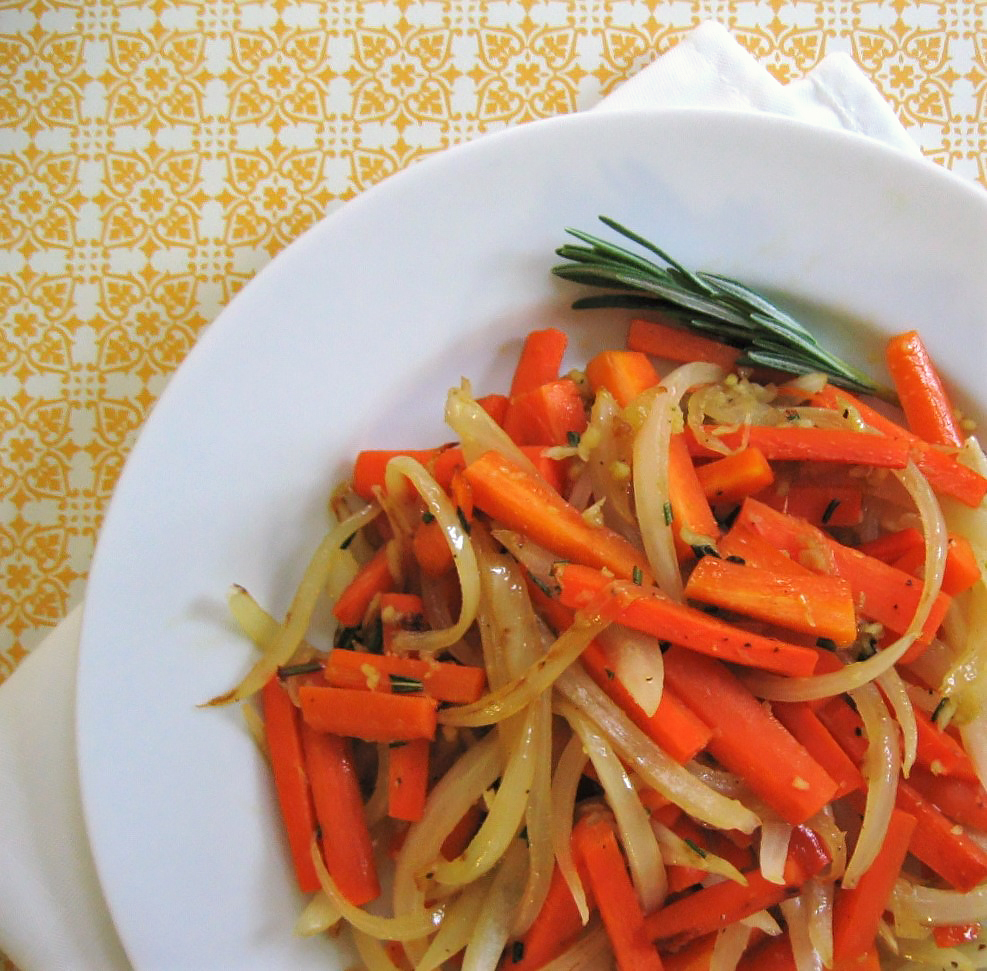
- Cucumbers: Cucumbers and onions can be planted together because they have different water needs. Cucumbers prefer moist soil, while onions prefer well-drained soil. This way, each plant can get the moisture it needs without competing with the other.

- Herbs: Many herbs, such as basil, dill, and mint, can be beneficial companion plants for onions. These herbs help to repel pests and improve the flavor of onions.

- Peas: Peas and onions can be planted together because they help to fix nitrogen in the soil. This means that they can provide nitrogen for each other, which can help to improve their growth.
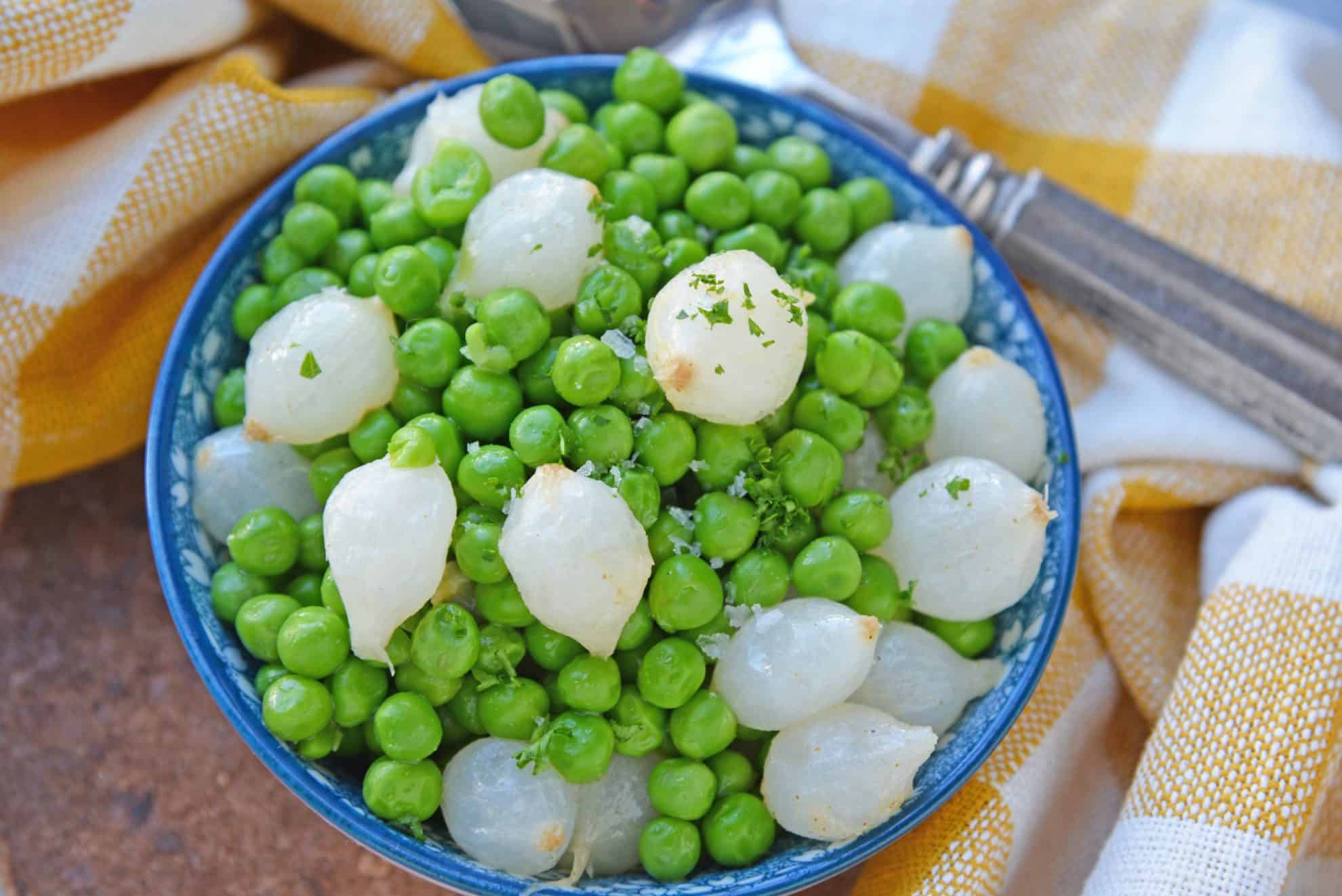
- Spinach: Spinach and onions can be planted together because they have different growing habits. Spinach grows quickly and matures early, while onions take longer to mature. This way, you can harvest spinach while you are waiting for your onions to grow.

Of course, there are also some plants that should not be planted near onions. These include:
- Beans: Beans and onions compete for the same nutrients, so planting them together can stunt their growth.
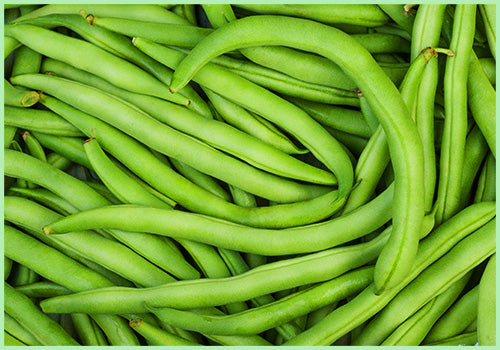
- Asparagus: Asparagus can release chemicals into the soil that can inhibit the growth of onions.
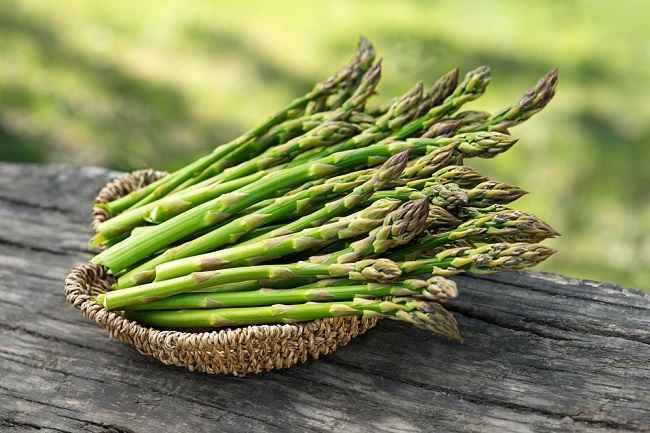
- Sage: Sage can inhibit the growth of onions.

It is important to note that these are just general guidelines. The best way to determine which companion plants are right for your garden is to experiment and see what works best for you.
Onions are a versatile vegetable that can be enjoyed in many different dishes. But did you know that the plants you grow near your onions can also affect their flavor and growth? That's where companion planting comes in.
Companion planting is the practice of planting certain types of plants together to benefit each other. For example, onions can benefit from being planted near carrots, as the strong odor of onions can help to repel carrot flies. Similarly, tomatoes can benefit from being planted near onions, as the onions can help to deter nematodes.
If you're interested in learning more about onion companion planting, I recommend visiting Gardenia Inspiration. This website has a comprehensive chart that lists which plants are good companions for onions, and which plants should be avoided.
In addition to providing information about companion planting, Gardenia Inspiration also offers a variety of other gardening resources, such as articles, videos, and blog posts. So whether you're a beginner or a seasoned gardener, you're sure to find something useful on this site.
FAQ of onion companion planting chart
- What are the benefits of companion planting with onions?
There are many benefits to companion planting with onions. Onions can help to repel pests and diseases, attract beneficial insects, and improve the flavor of other crops. For example, onions can repel carrot flies, aphids, and cabbage moths. They can also attract ladybugs, hoverflies, and parasitic wasps, which are all beneficial insects that help to control pests. Additionally, onions can improve the flavor of tomatoes, carrots, and lettuce.
- What are some good companion plants for onions?
Some good companion plants for onions include:
- Carrots: Onions can repel carrot flies, which are a major pest of carrots.
- Beans: Beans fix nitrogen in the soil, which can benefit onions.
- Lettuce: Onions can improve the flavor of lettuce.
- Tomatoes: Onions can repel tomato hornworms and other pests.
- Marigolds: Marigolds can repel nematodes, which are a soil-dwelling pest that can damage onions.
- What are some bad companion plants for onions?
Some bad companion plants for onions include:
- Asparagus: Asparagus can stunt the growth of onions.
- Peas: Peas can compete with onions for nutrients.
- Sage: Sage can inhibit the growth of onions.
- How far apart should onions be planted?
Onions should be planted about 6 inches apart. This will give them enough space to grow and develop their roots.
- When should onions be planted?
Onions can be planted in the spring or fall. They prefer cool, moist soil.
Image of onion companion planting chart
5 different images of "onion companion planting chart" from Pinterest:
- Image 1: This chart shows which plants are good companions for onions, and which plants should be avoided. Good companions include carrots, celery, garlic, lettuce, and tomatoes. Avoid planting onions near beans, cabbage, kohlrabi, and peas.

- Image 2: This chart shows the benefits of companion planting onions with other vegetables. For example, onions can deter pests from carrots, and celery can help to improve the flavor of onions.
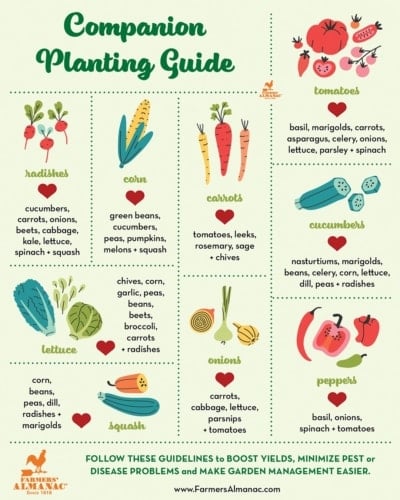
- Image 3: This chart shows the spacing requirements for onions when companion planting. For example, onions should be planted 4-6 inches apart from each other, and 6-8 inches apart from other vegetables.

- Image 4: This chart shows the planting times for onions when companion planting. For example, onions can be planted in the spring or fall, but they should not be planted in the summer.

- Image 5: This chart shows the harvesting times for onions when companion planting. For example, onions can be harvested in the summer or fall, but they should not be harvested in the winter.

Post a Comment for "The Ultimate Onion Companion Planting Chart"